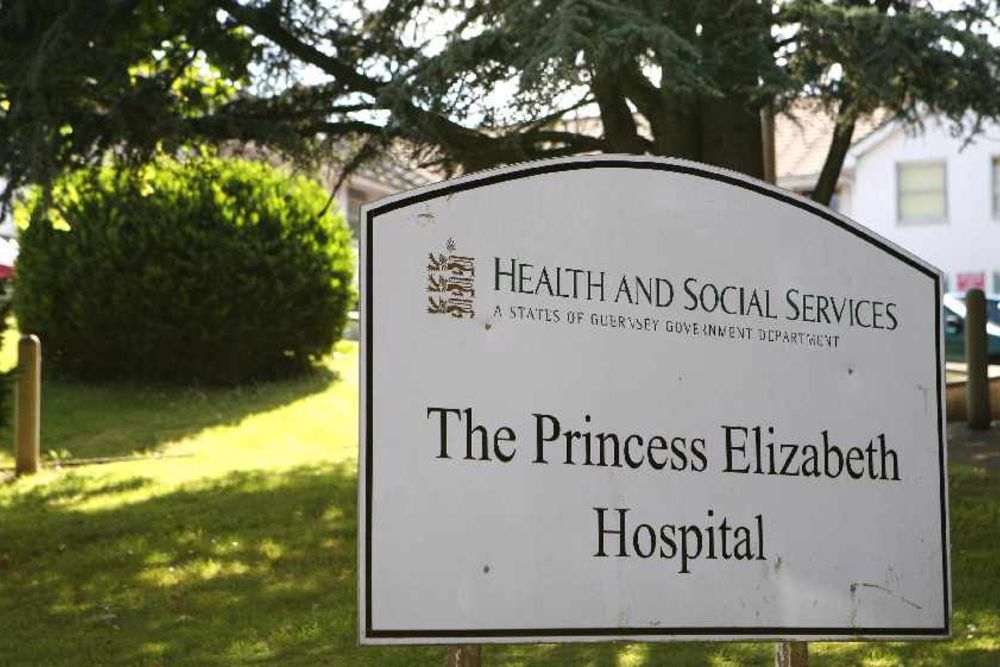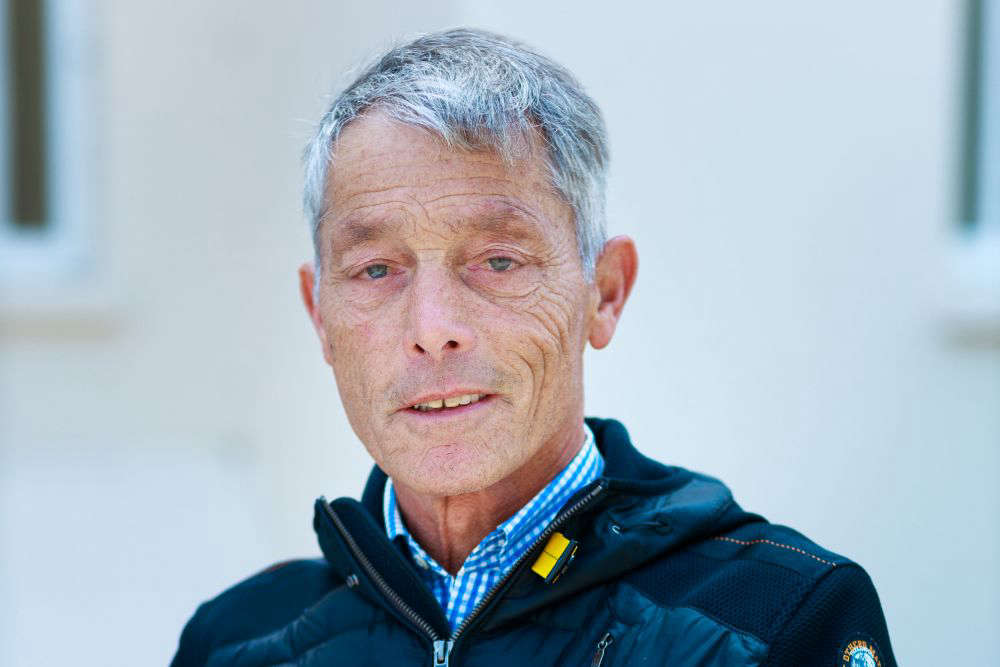
In the wake of the multi-million pound PEH cost escalation not being communicated to politicians for many months, a review recommends civil servants are trained to oversee costly projects.
The review was commissioned following the announcement in the States in March 2023 that phase 2 of the modernisation of the Princess Elizabeth Hospital would cost between £20M to £30M more than the figure deputies voted for.
Health committee president Al Brouard told the Assembly that the cost escalation was not communicated for something like 16 months and that those responsible no longer worked for the States.
Lawyer Martin Thornton authored this report and is more measured, following his investigation into the background.
He concludes that the cost escalation was not deliberately hidden by a small group of civil servants. Rather, it was a collective error of judgement.
It came about because estimates were based on original, and not revised drawings, in addition to a substantial increase in building cost inflation.
Mr Thornton concludes that governance and processes within the States for managing big projects are 'fit for purpose and represent good practice.'
But he recommends the States appoint a Project Manager and Responsible Officer to oversee big spends in future.
Head of Policy and Resources, Deputy Lyndon Trott, says human error can derail even the most robust system:
"No matter what processes or procedures are put in place, they will not prevent problems arising if a person in that process deliberately, negligently or unknowingly does not properly perform their duties."
Head of the Public Service Mark de Garis was initially shocked at the length of time it took to communicate the multi-million pound cost escalation:
“What happened in this case is extraordinary and completely unacceptable. It was also unexpected because the States has robust processes in place for the management of capital projects.
*That of course was brought into question as a result of this matter, which is why I immediately commissioned this independent review."
However, he finds the conclusions reassuring:
"It is clear that nobody has been operating in bad faith, or seeking to mislead.
"There were some errors of judgement and also there is an opportunity to strengthen our processes further, which we are doing."
Deputy Al Brouard, who heads up the Health Committee, says the matter has done some damage:
"It highlighted unacceptable behavior which has had a major effect on an essential project."
He says it is now time to move forward:
"The focus now for our Committee and officers is to do everything possible to keep Phase 2 of the hospital modernisation project within the original cost envelope agreed by the States or return the matter to the Assembly.”


 Patrols at La Valette bathing pools after recurring antisocial behavior
Patrols at La Valette bathing pools after recurring antisocial behavior
 Enhanced protection for Sark's sea life
Enhanced protection for Sark's sea life
 Skeleton of new Guernsey golf resort built
Skeleton of new Guernsey golf resort built
 Prominent Guernsey man appointed Commissioner for Standards
Prominent Guernsey man appointed Commissioner for Standards
 Record festive parcel delivery for Guernsey Post
Record festive parcel delivery for Guernsey Post
 Channel Islands Ferry Operators Working Group expands
Channel Islands Ferry Operators Working Group expands
 Sculpture to remember the Alderney evacuees
Sculpture to remember the Alderney evacuees
 Channel Islands could technically have a White Christmas
Channel Islands could technically have a White Christmas




